What does a dramaturge do?
11th November 2020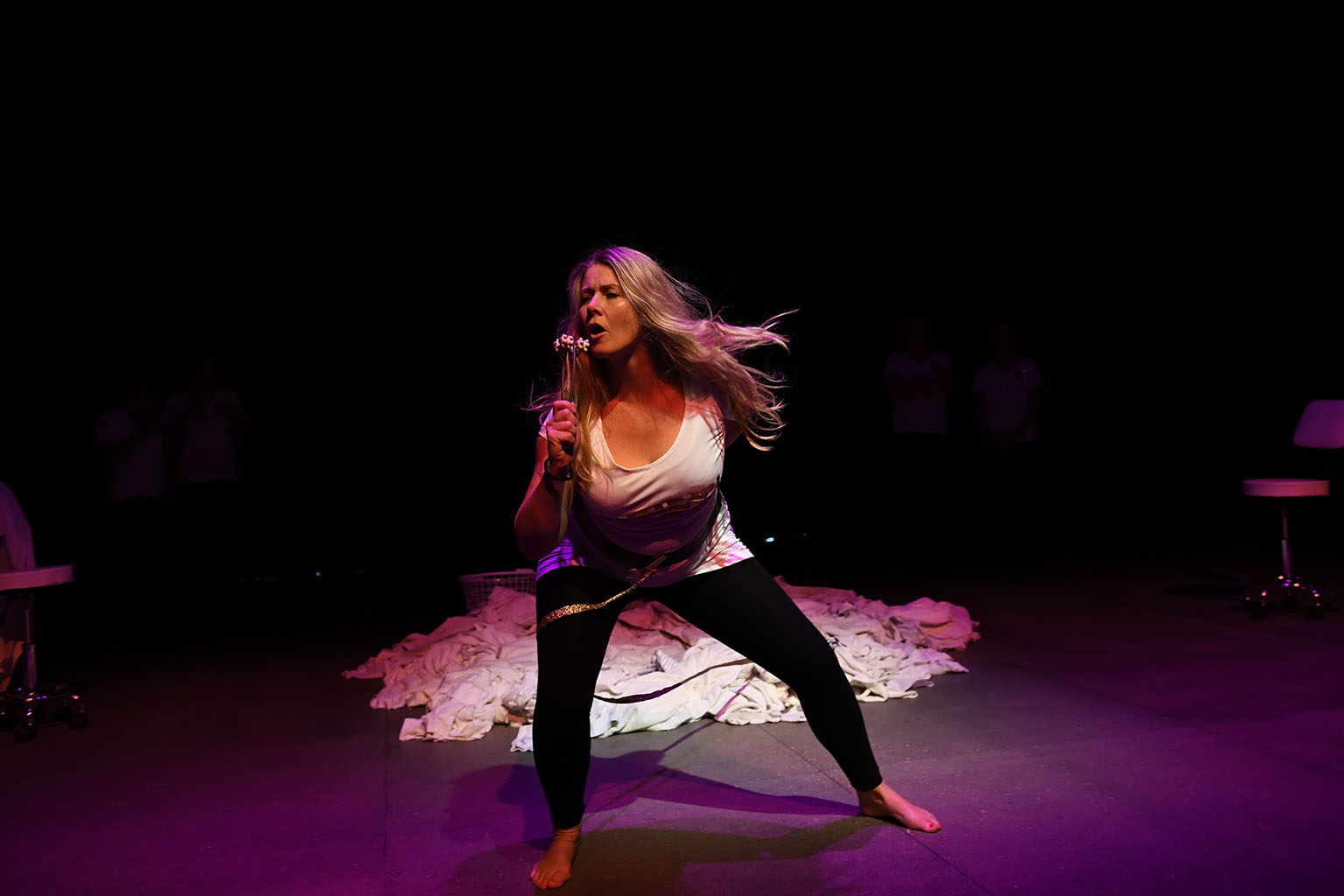
Last year in September 2019 as part of “Taking the Stage - Women in the Performing Arts” at MK Gallery, we showcased a scratch piece called “Becoming The Invisible Woman” by Sarah Wanendeya.
The play is an autobiographical piece which examines Sarah’s experience of motherhood, ageing and the lure of paths not yet taken.
Earlier this year we applied for emergency grant funding from the Arts Council for a project we called “Invisible Visible”. We were interested in exploring the concept of invisibility further. We were lucky enough to succeed in this bid. The project is in two halves. One half is to develop the play by telling its story in different ways so there will to be a podcast, an illustrated digital book, a twine and a teaser film. The other half is to work with community groups who have felt invisible.
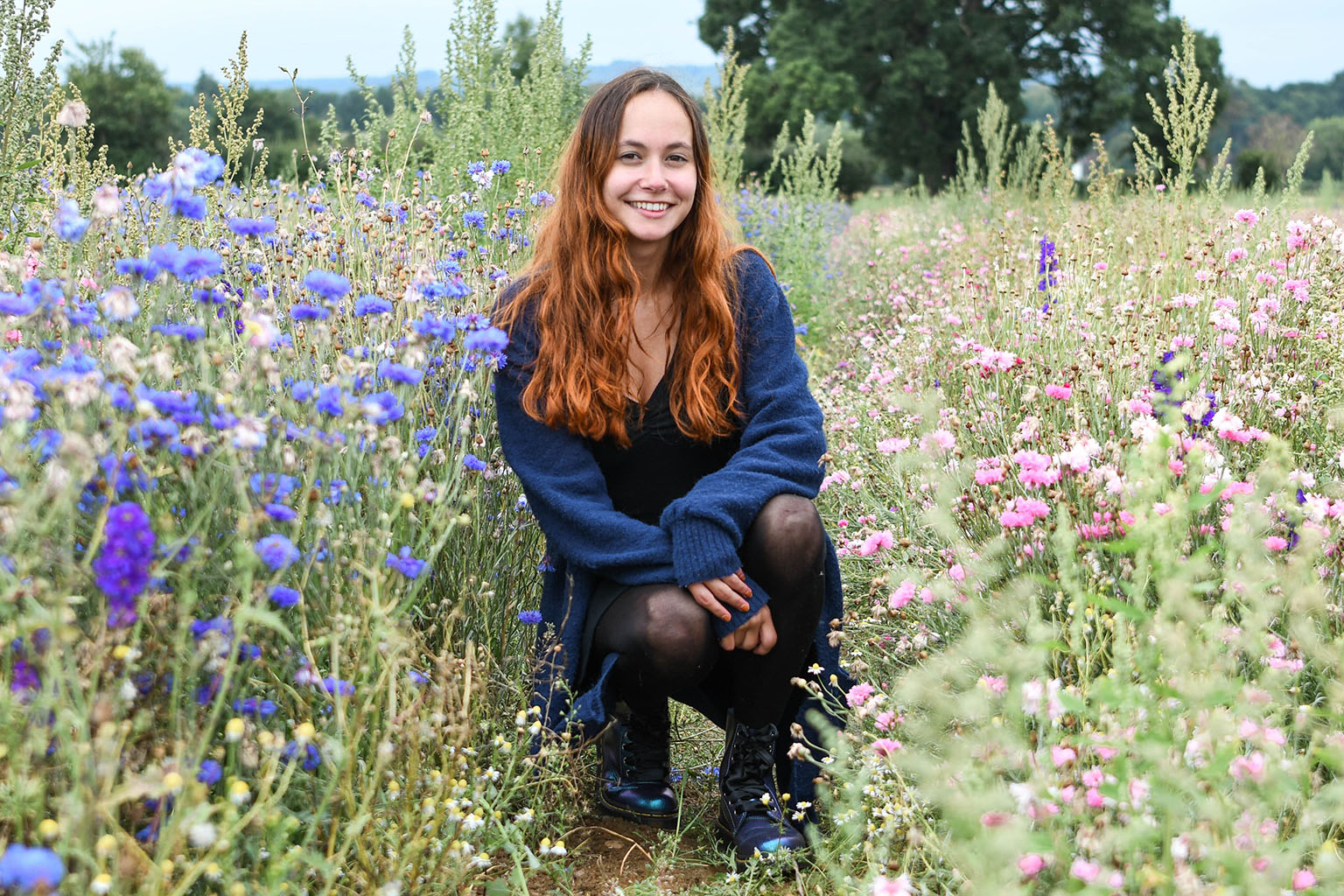
We have already shared some of the illustrations by Jess Bolam who was working with an LBGTQ group in Oxfordshire alongside theatre practitioner Jessie Coller at Cornerstone Arts Centre. BBC Oxford released a lovely video celebrating this work recently.
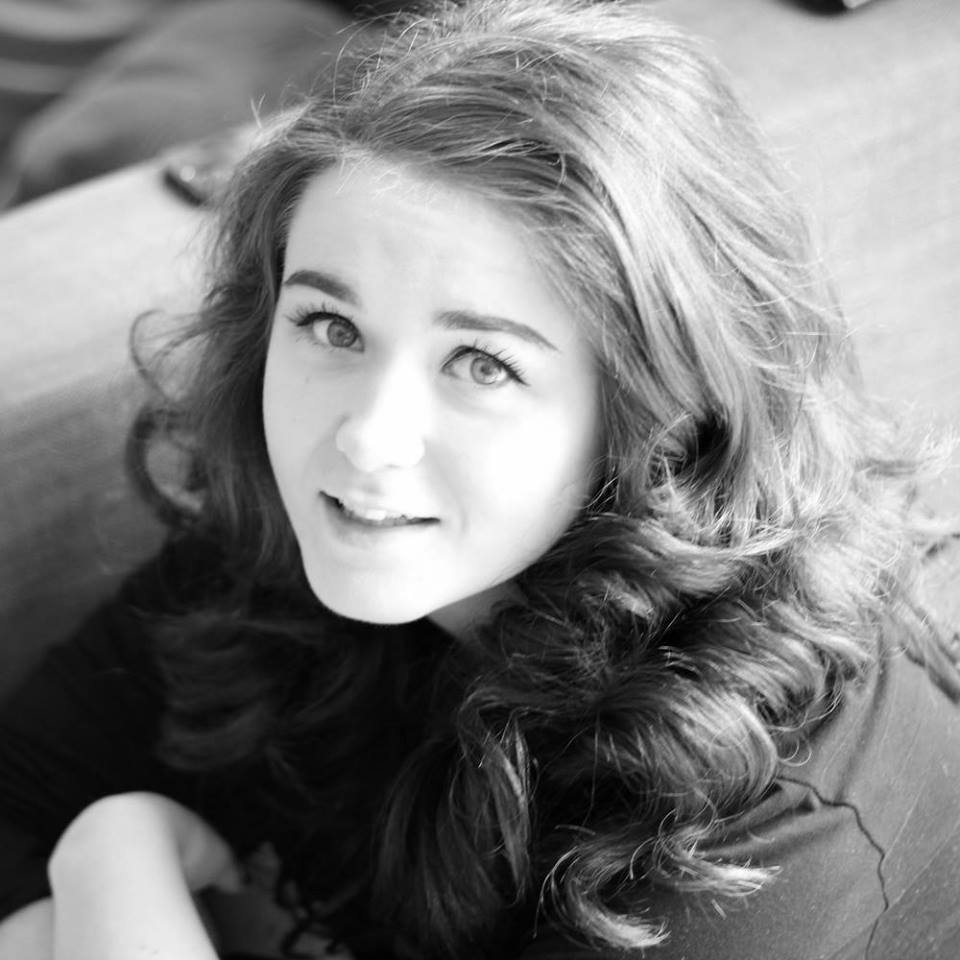
With the play though part of its journey was also for Sarah to work with a dramaturge to develop it further so that at some stage it would be performed again and would be ready to take on tour.
Over the last year, Sarah has developed the piece, now entitled ‘Middlescence’, with the help of Fiona Graham, a dramaturge from Goldsmiths University of London.
Fiona’s role as a dramaturge is essentially to work with Sarah to not only develop the concept though a variety of interventions to get the best out of the play, but also be that critical eye to see the experience from the audience point of view.
As Fiona writes in her book, ‘Performing Dramaturgy’, there are five intervention strategies used to
create multiple possibilities when developing a performance and encouraging nuanced thinking on the part of the artist.
These are: questioning, listening, reflecting, facilitating dialogue and suggestions.
She says:
The dramaturge works hard to find good questions and suggestions but also has to be prepared to let go of these ideas if the artist chooses a different direction.
This support is vital for a writer as they walk the tightrope of risk and confidence.
Sarah found the process with Fiona invaluable:
Prior to working with Fiona, I had a loose understanding of what a dramaturg did and knew it was something that would benefit the development of my script, but I didn’t fully know what to expect - like many things in life, it’s something you have to experience to fully appreciate its value.
In many ways, the sessions felt like therapy; Fiona works first by posing lots of questions which forced me to fully dissect and articulate my intention for the script. Key questions centred around the world of the play and the role of the chorus; she helped me to start to pin down who the chorus are, what their role is, what world they inhabit and what the rules of that world are. Through this process I hope to create more fully realised characters with distinct voices.
Fiona has also encouraged me to pare back and trim the text; I feel the leaner script has more clarity but is also less didactic; having things less spelled out should make for a more satisfying experience as the audience are forced to work a little bit harder and given space to come to their own conclusions.
The whole experience of working with Fiona has been challenging and invigorating - she has nudged and provoked me whilst being incredibly supportive, encouraging and generous and I’m very grateful to Rosemary and The Play’s The Thing Theatre Company for enabling this opportunity.
The play was funny, witty and thought provoking he first time round but now it has gone up a level with the chorus characters much more defined.
We will share the podcast, teaser film and twine in the coming weeks, but in the meantime, please enjoy these stills from the ‘Middlescence’ photographic shoot which were taken by Simon Raynor.
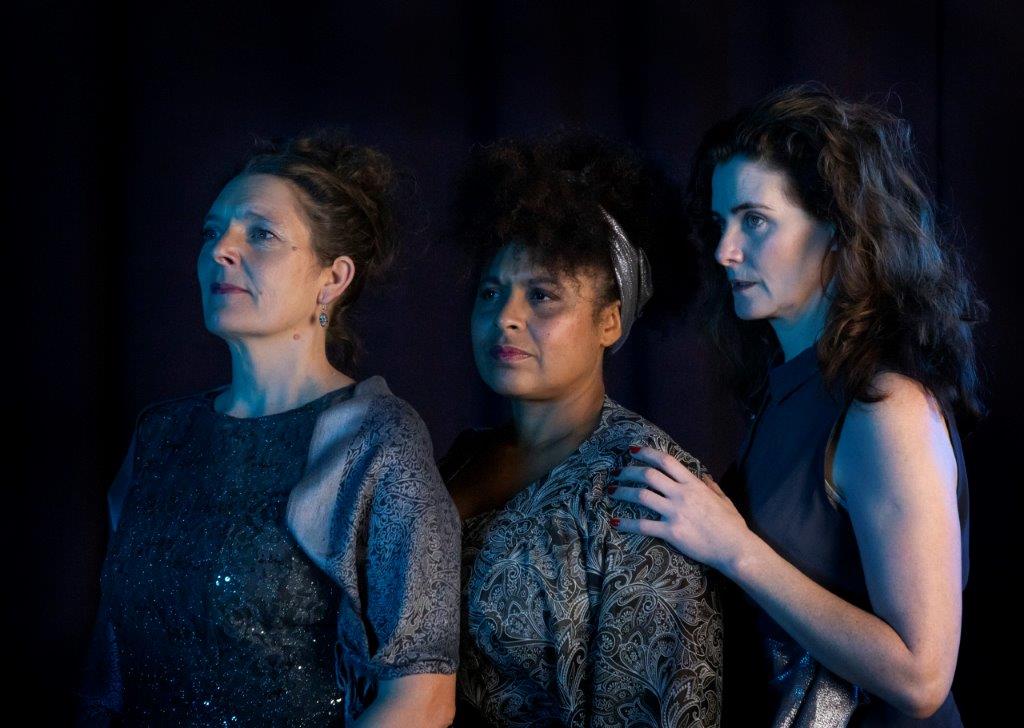
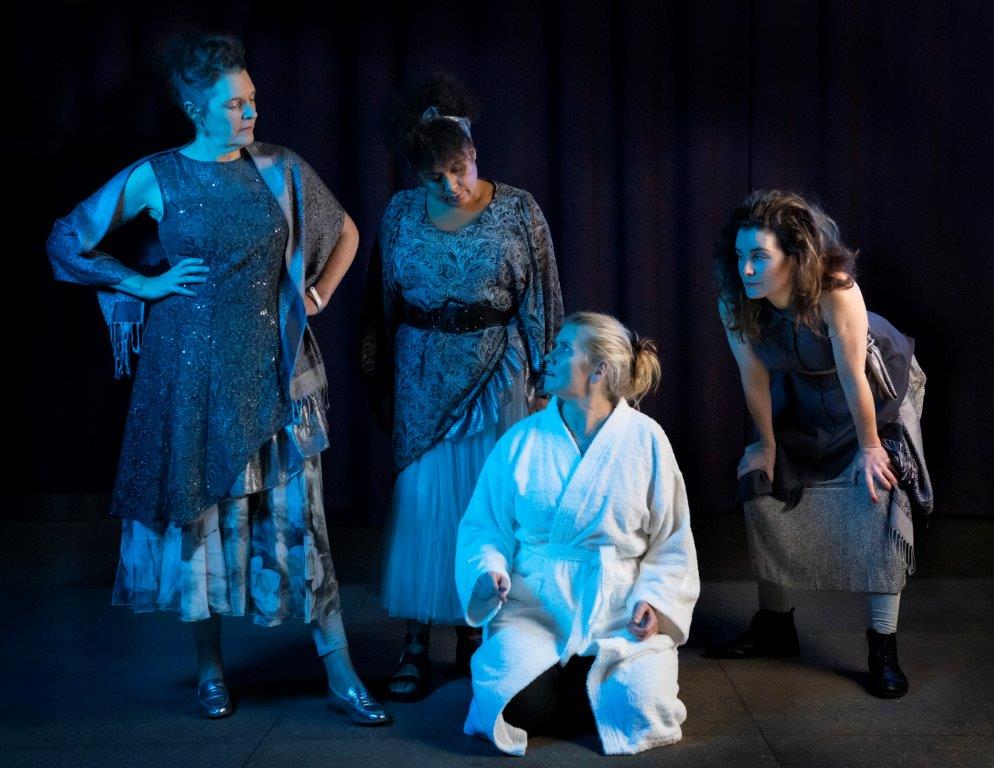
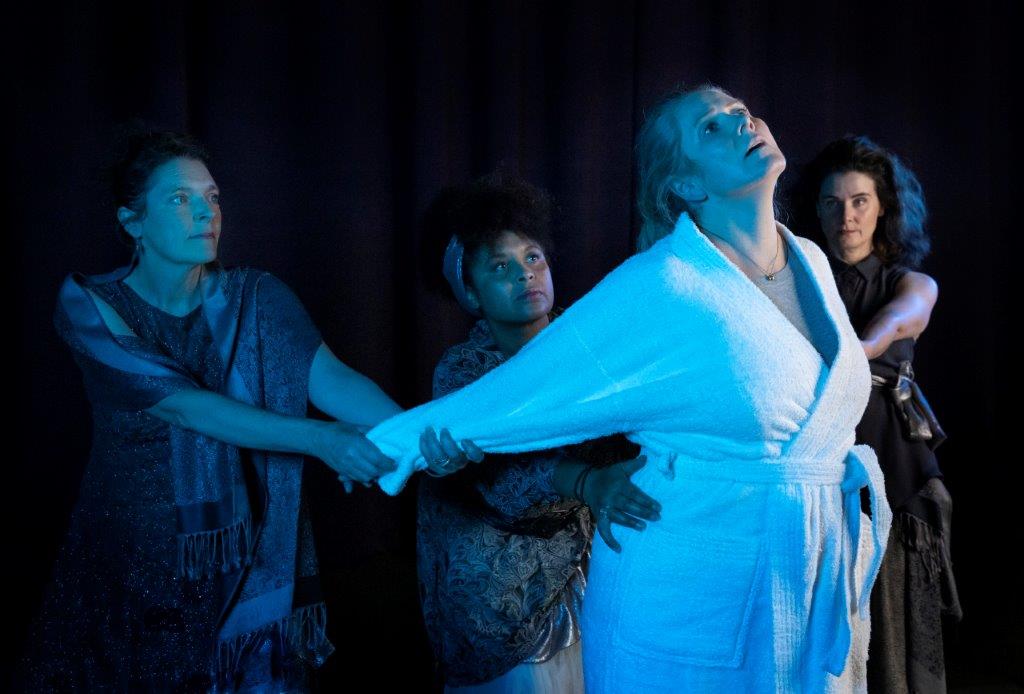
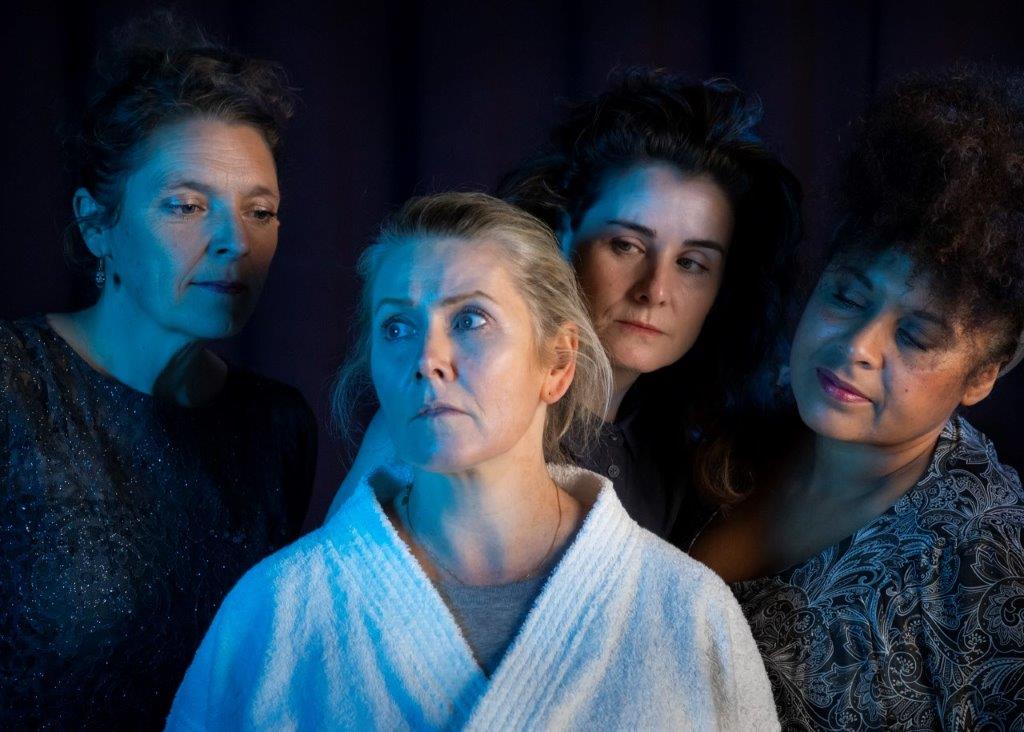
Bio: Sarah Wanendeya
After years of involvement in community and fringe theatre, Sarah finally plucked up the courage to apply for drama school in 2017 at the age of 47!
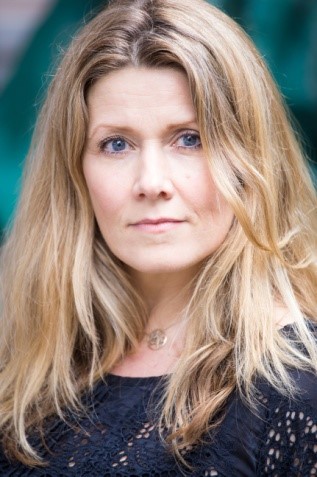
Theatre includes: Pat in Your Way or Mine (Theatre 503); The Woman in Becoming the Invisible Woman (Tristan Bates); Mrs Arbuthnot in A Woman of No Importance (London Theatre); Paulina in The Seagull (London Theatre); Multi-role in The Laramie Project; Sofia Fuentes in Widows; Barbara in Knot of the Heart; Mary in The Passion & The Christmas Mysteries (small London tour); Duchess Ferdinand in As You Like It; Drunken Ale Woman in The Harrowing of Hell (small London tour); Megan in Parlour Games (Bridewell Theatre); Kitty Lashbrooke in Murder Me Too (Site Specific);
Short Film/TV: Written in Blood Promo (AMC Network); Angela – In Transition; Alice – Home for Christmas
Some ‘Devine’ news!
We’re delighted to let you know that local sound designer, Caroline Devine, who we worked with us at our “Taking The Stage” event last year and will be working with again on our ‘Invisible Visible’ project, has had her sound piece ‘On Common Ground’ nominated for the Sound Art Ivor Novello award.
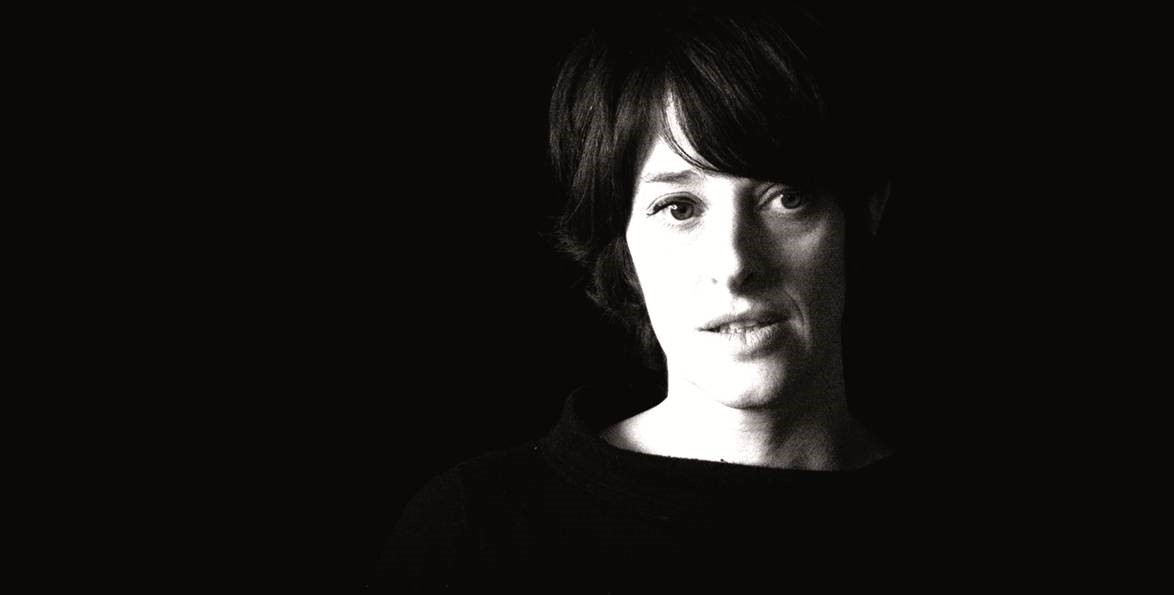
The piece was made about Greenham Common last year. We are absolutely thrilled for Caroline.
The Ivors Composer Awards sees the presentation of Ivor Novello Awards to recognise creative excellence in classical, jazz, and sound arts. Recognised as a pinnacle of achievement since they were first presented in 1956, an Ivor Novello Award represents peer recognition with categories judged by those within the UK music creator community. The Ivors Composer Awards are sponsored by PRS for Music. The awards presentation is in association with BBC Radio 3 providing exclusive broadcast coverage.
There are five nominated works in the Sound Art category, which recognises non-concert format, sound art works, including installations, sculptural, electroacoustic and audience-interactive works.
Due to the pandemic we are unable to hold our usual awards ceremony at the British Museum. Instead we’re delighted that winners will be announced exclusively on BBC Radio 3 during a dedicated broadcast on Tuesday 1 December from 7.30pm to 10pm.